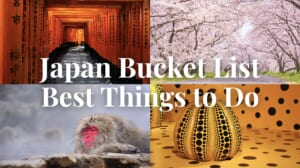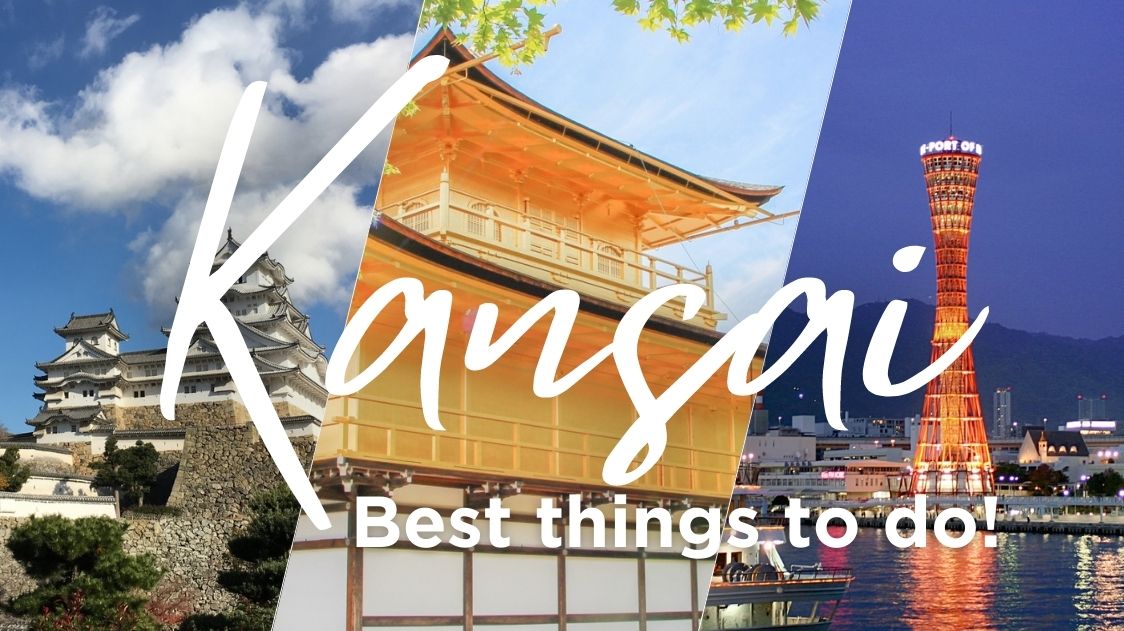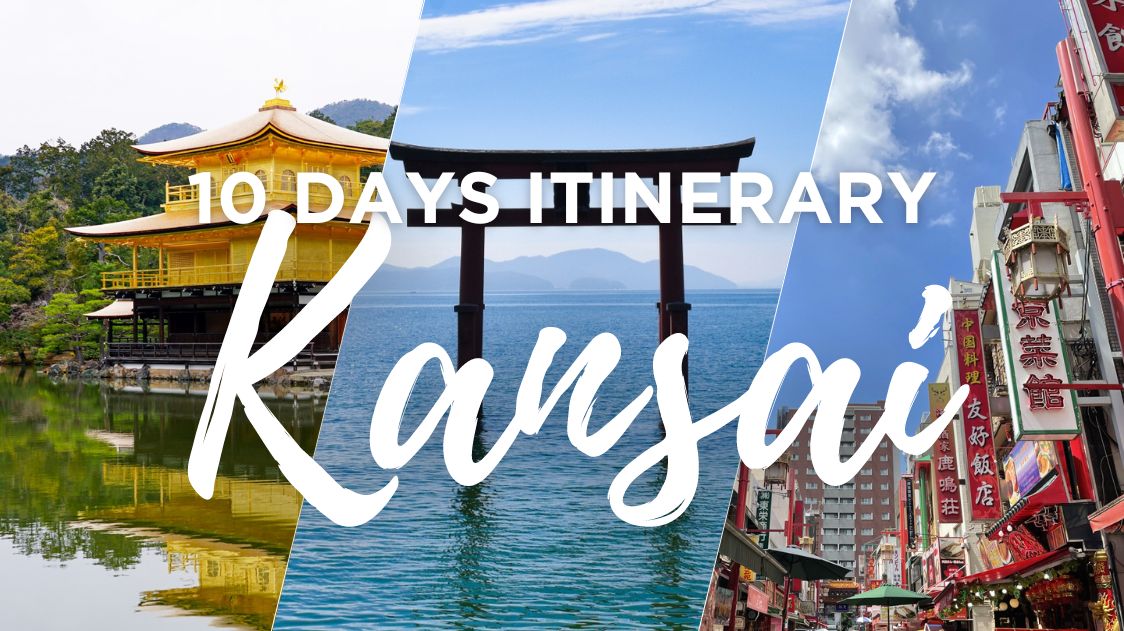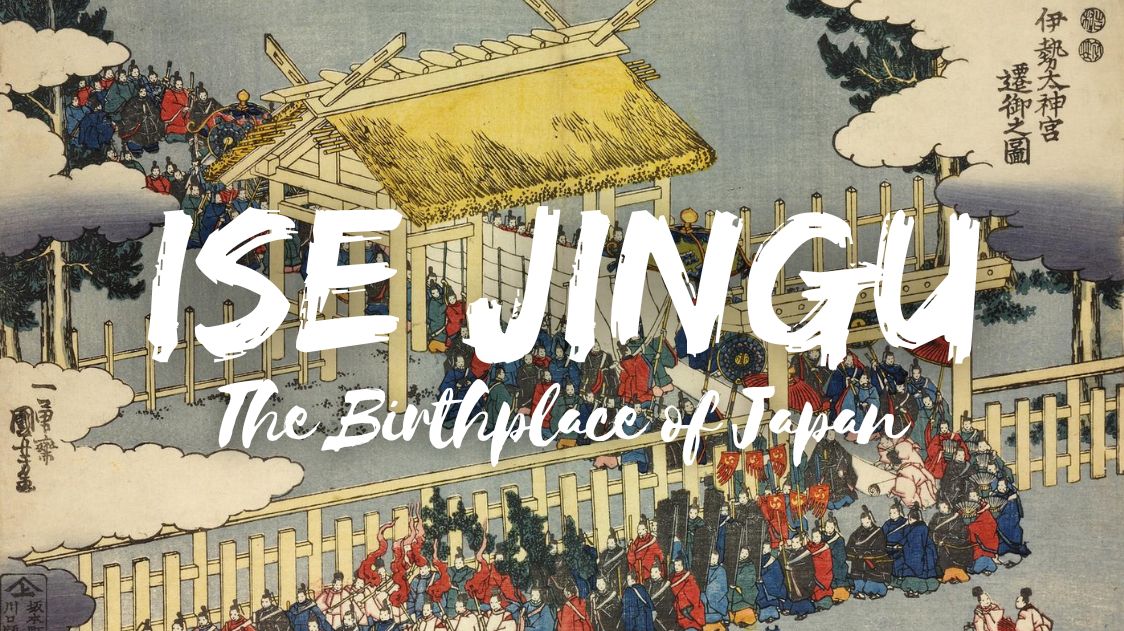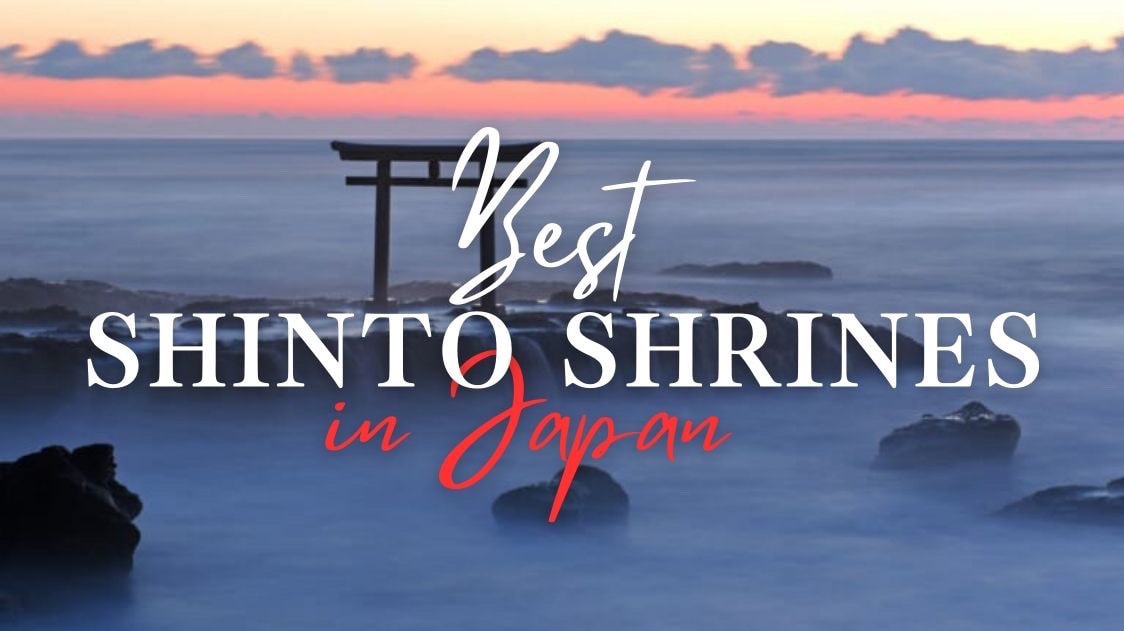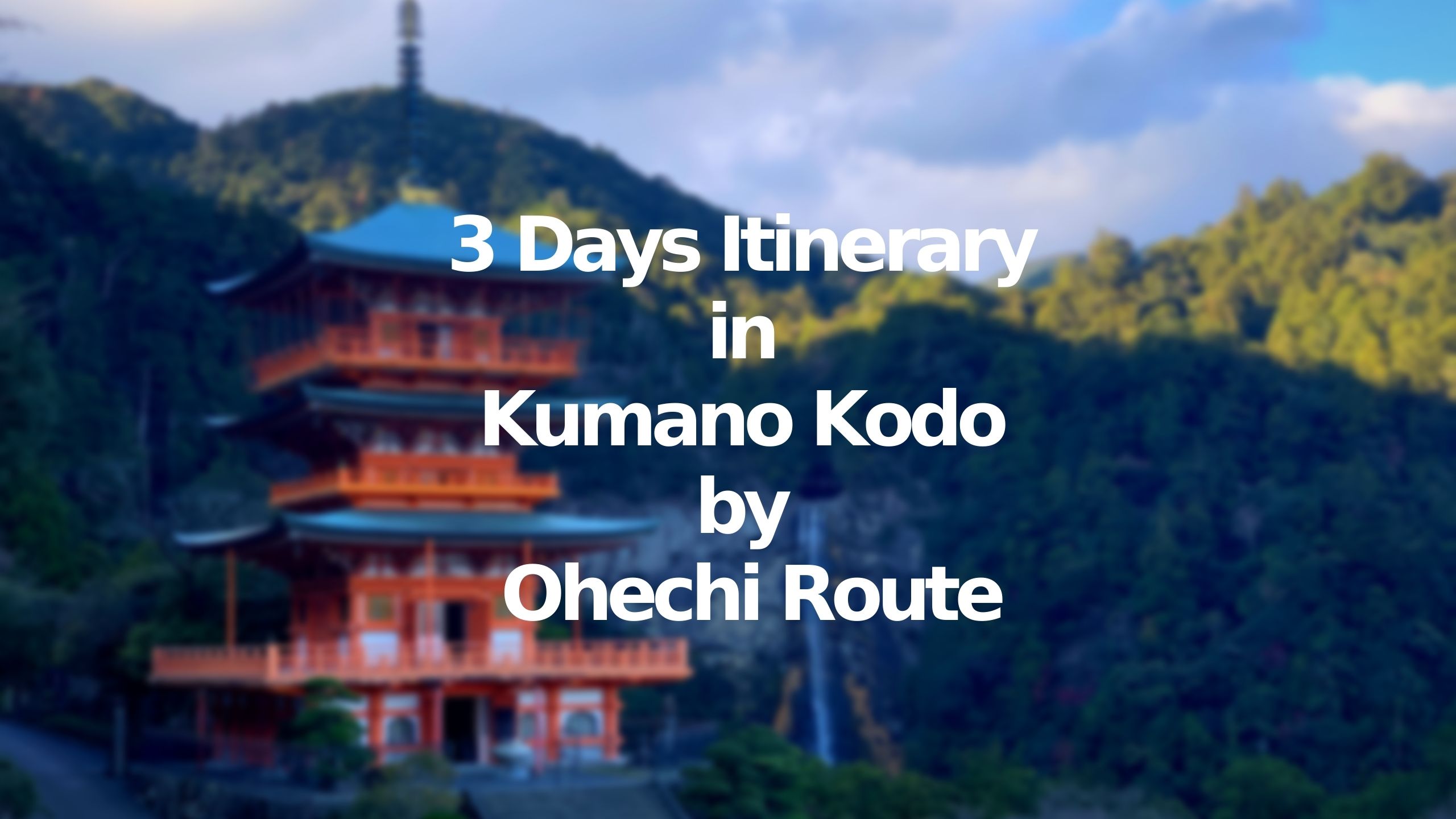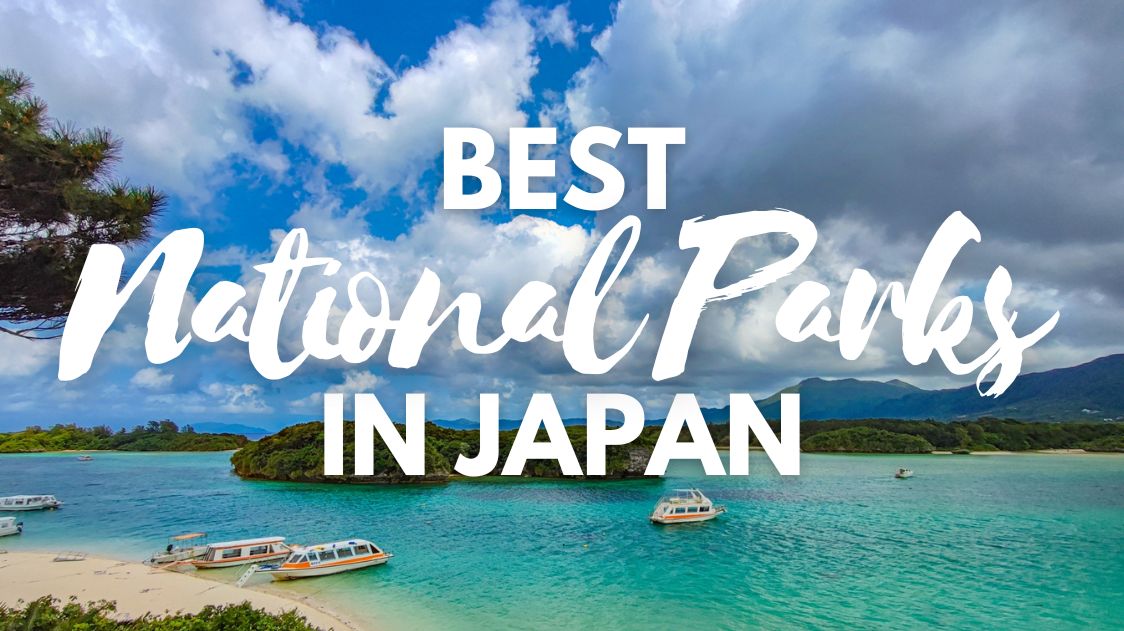12 Best Things to Do in Mie
Mie Travel Guide: What to Do in Mie Now
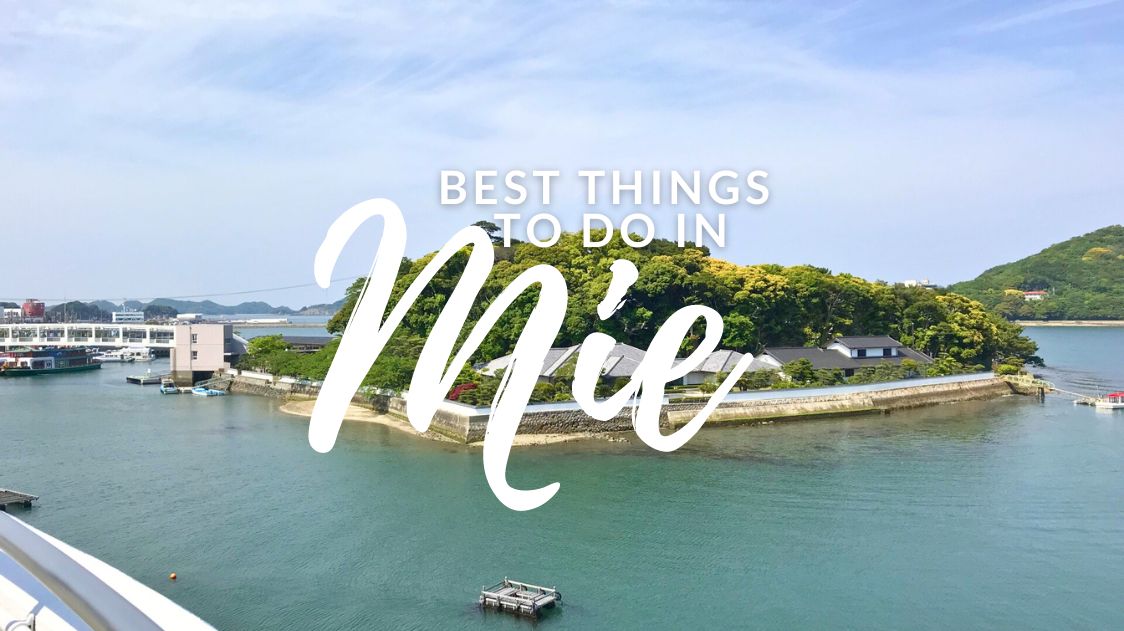
Unlike other Japanese prefectures, Mie serves up an eccentric cocktail of rustic charm and gastronomic grandeur. Imagine ancient shrines nestled amidst emerald mountains, panoramic vistas that inspire haikus, and the humble birthplace of world-renowned Matsusaka beef. In Mie, pearls are not just jewelry; they symbolize an important historical legacy. So here we are with the best things to do in Mie so you can soak in the authenticity of traditional Japan and escape the city’s hustle. Welcome to Mie, where each experience is as precious as the pearls for which it’s famed. Welcome to Japan’s heart, teeming with intrigue and beauty.
With this Kansai Region Bucket List, let’s also check out the surrounding tourist attractions: Best Things to Do in Kansai
*Please note that this article contains affiliate links.
1. Nabana no Sato: Japan’s Flower and Light Paradise
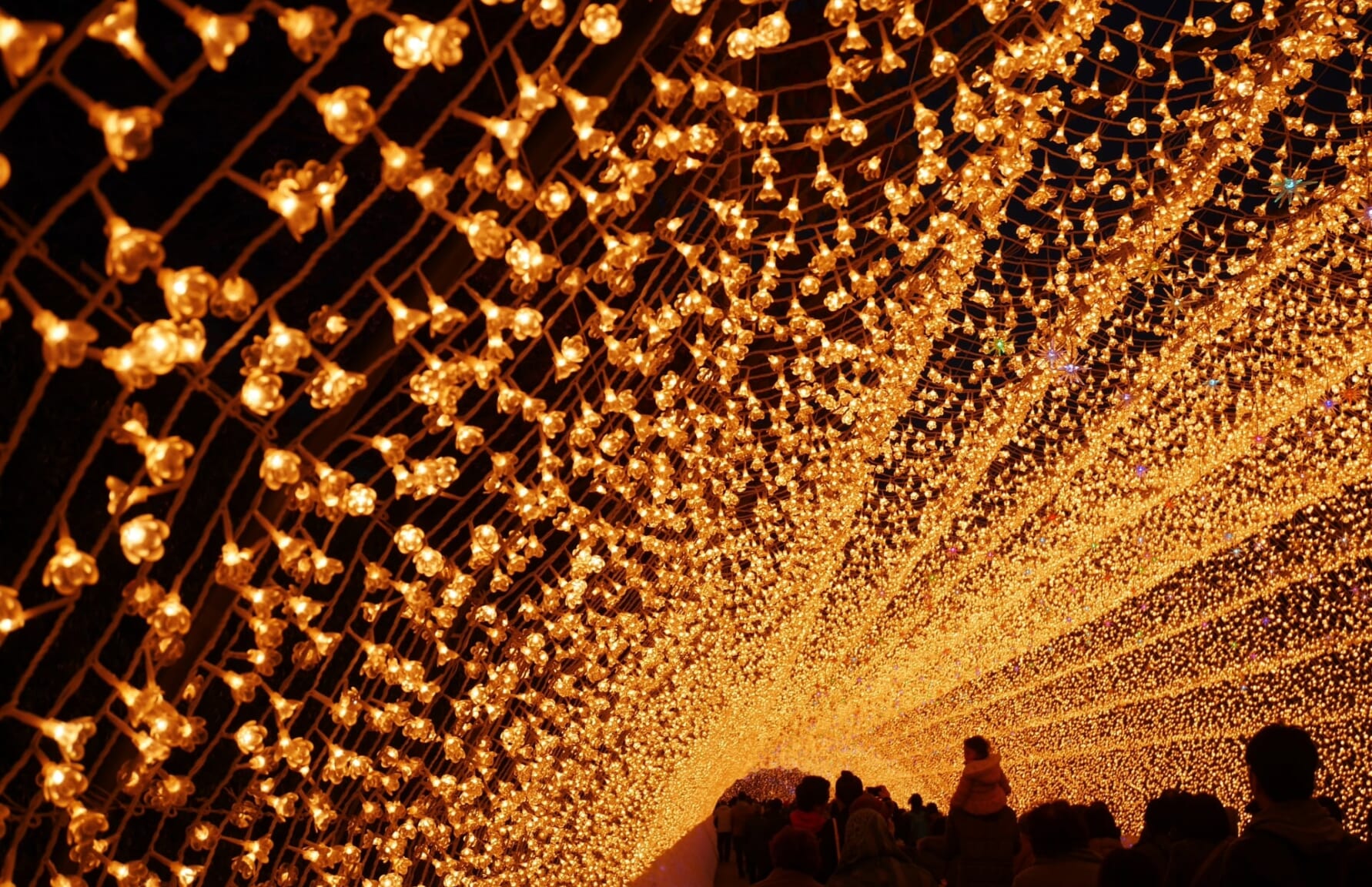
 Access Access |
15-min bus from Nagashima Station |
|---|---|
 Official Website Official Website |
https://www.nagashima-onsen.co.jp/nabana/index.html |
▽Winter illuminations in Nabana no Sato▽
▶ Nabana no Sato: Spectacular Winter Illumination
2. Discover The Soul of Japan at Ise Grand Shrine (Ise Jingu)
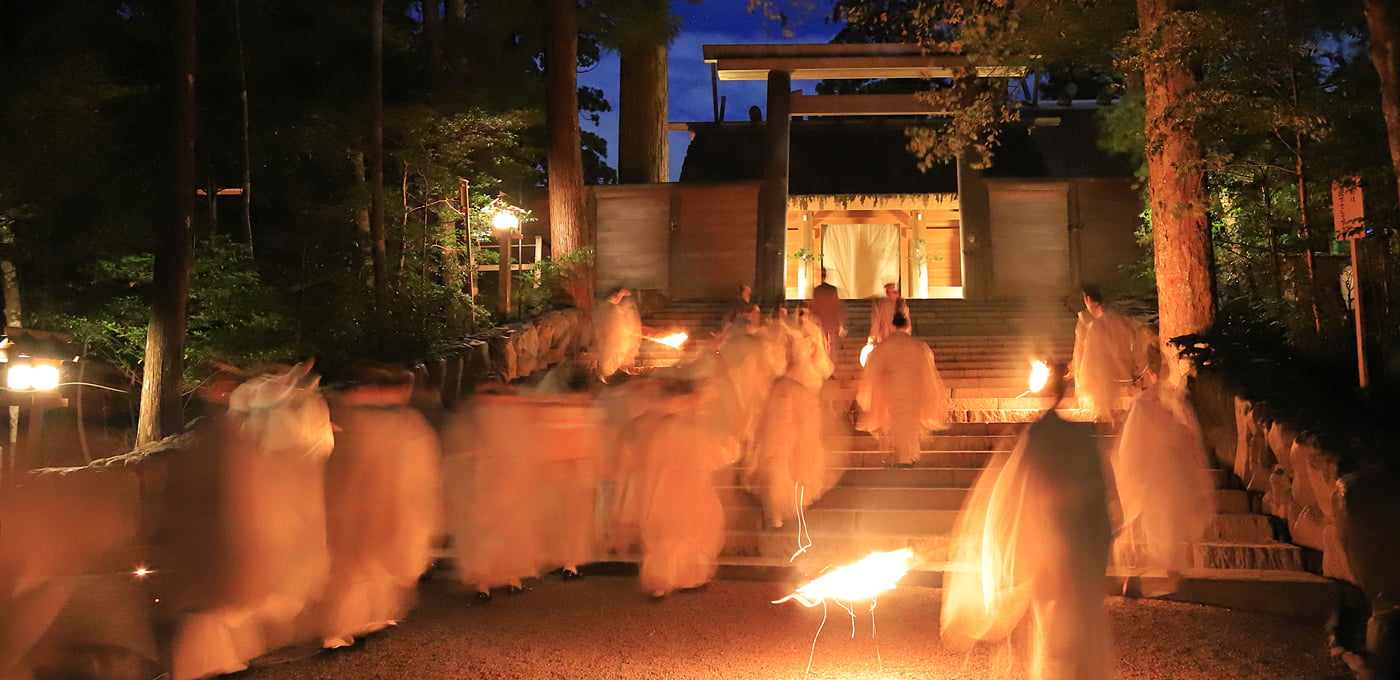
One of Shinto’s holiest and most important sites, the Ise Grand Shrine or Ise Jingu (伊勢神宮), stands out as an unparalleled spiritual experience. It comprises 125 shrines, with the most significant being the Inner Shrine (Naiku) and Outer Shrine (Geku), dedicated to the sun goddess Amaterasu and the goddess of gran Toyouke, respectively. The architectural style, known as “Yuitsu-shinmei-zukuri,” is the purest and oldest Shinto style, emanating an ancient serenity. Every 20 years, in a ritual known as Shikinen Sengu, these shrines are faithfully rebuilt, symbolizing renewal and the Shinto belief in impermanence. A walk along the serene Isuzugawa River feels like a pilgrimage back in time.
More info ▶ Ise Jingu: The Birthplace of Japan
3. Walk the Ancient Pilgrimage Route at Kumanokodo Iseji
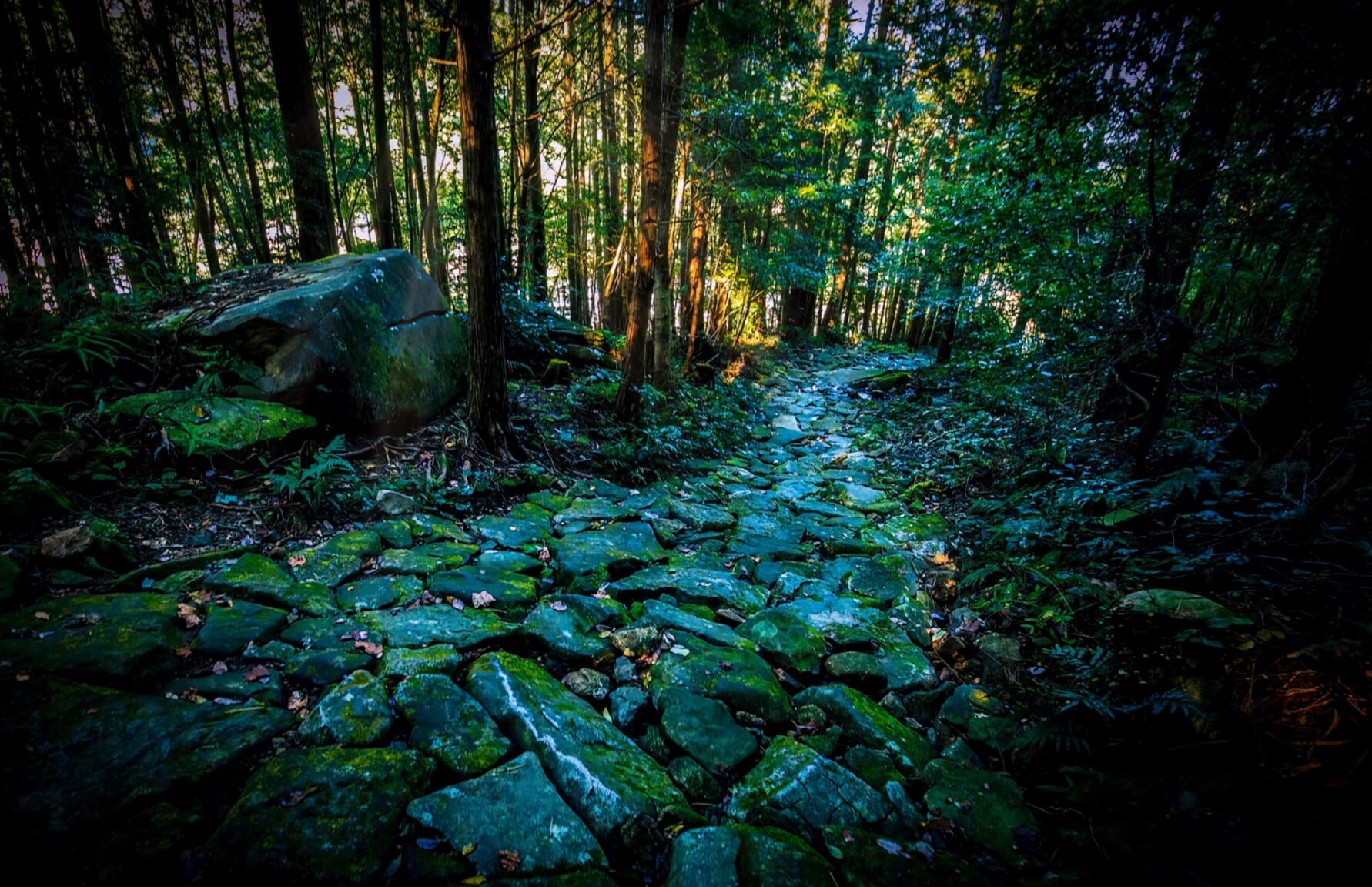
More info ▶ Kumano Kodo Pilgrimage Routes Guide
 Access Access |
Pilgrimage starts from Ise Jingu |
|---|---|
 Official Website Official Website |
https://www.kodo.pref.mie.lg.jp/en/ |
4. Have a Thrilling Experience at Suzuka Circuit Motopia Amusement Park
Suzuka Circuit Motopia Amusement Park (鈴鹿サーキットパーク), located in Suzuka City, offers a delightful escapade for both the young and those who remain young at heart. It’s a place where the adrenaline of motorsports meets the exhilaration of amusement rides. With a variety of attractions, it caters to a wide audience, from families with children to groups of friends seeking fun. The park is adjacent to one of the most challenging Formula 1 racing tracks in the world, making it a unique attraction for motorsport enthusiasts. This proximity allows visitors to experience the thrill of racing in a family-friendly environment. The amusement park itself features an array of rides and attractions, such as the Circuit Challenger, GP Racers, Kart Attacker, and the Racing Theater, ensuring that there’s something for everyone to enjoy.
 Access Access |
10-min drive from Tamagaki Station |
|---|---|
 Official Website Official Website |
https://www.suzukacircuit.jp/park/ |
▶ Buy your Suzuka Circuit Motopia tickets here!
5. Capture Senic Wonders at Yokoyama Observatory
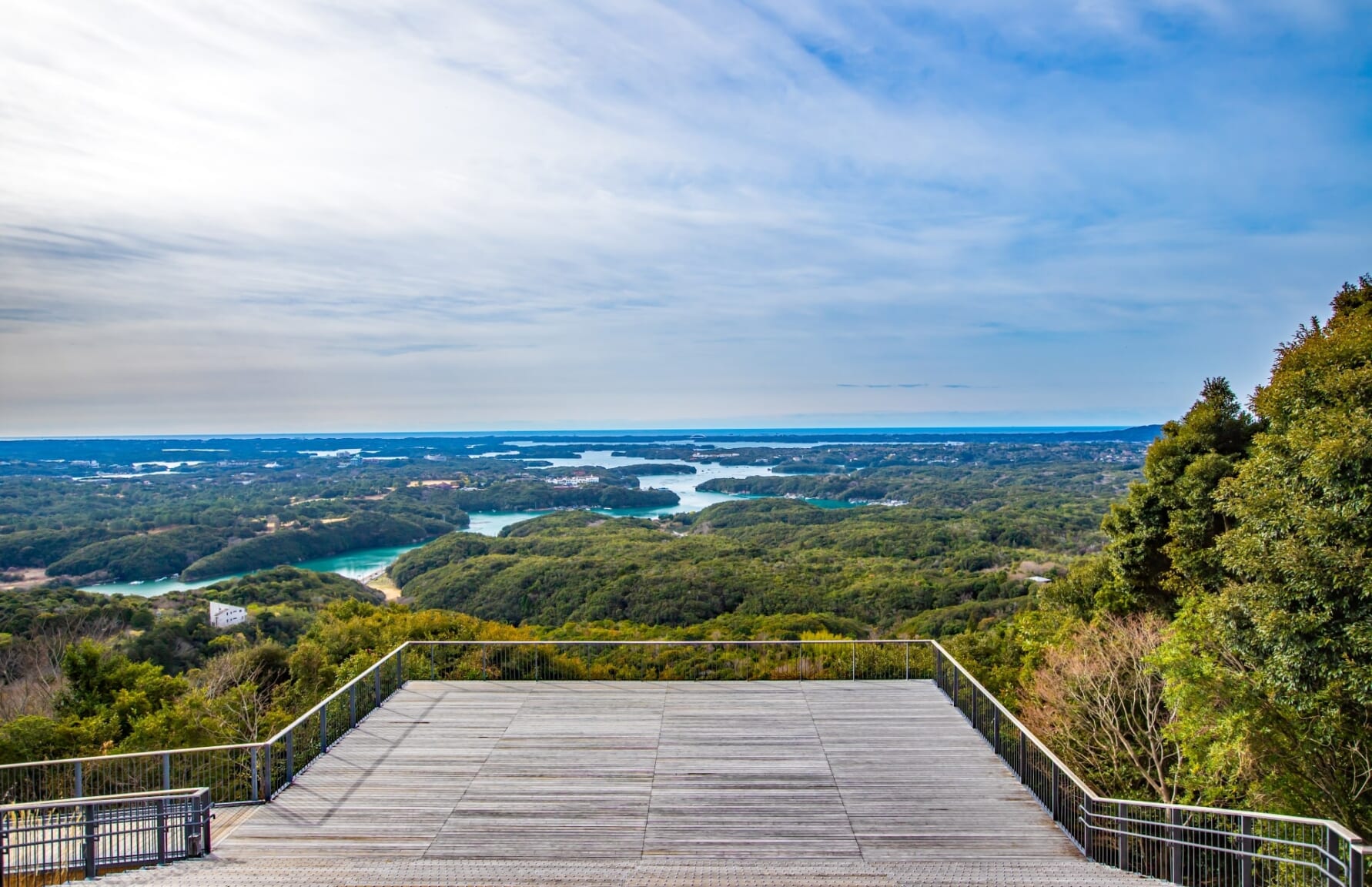
 Access Access |
5-min drive from Shima-Yokoyama Station |
|---|---|
 Official Website Official Website |
http://mirador.puebloamigo.jp/en/ |
6. Meoto Iwa, or a Love Story Etched in Stone
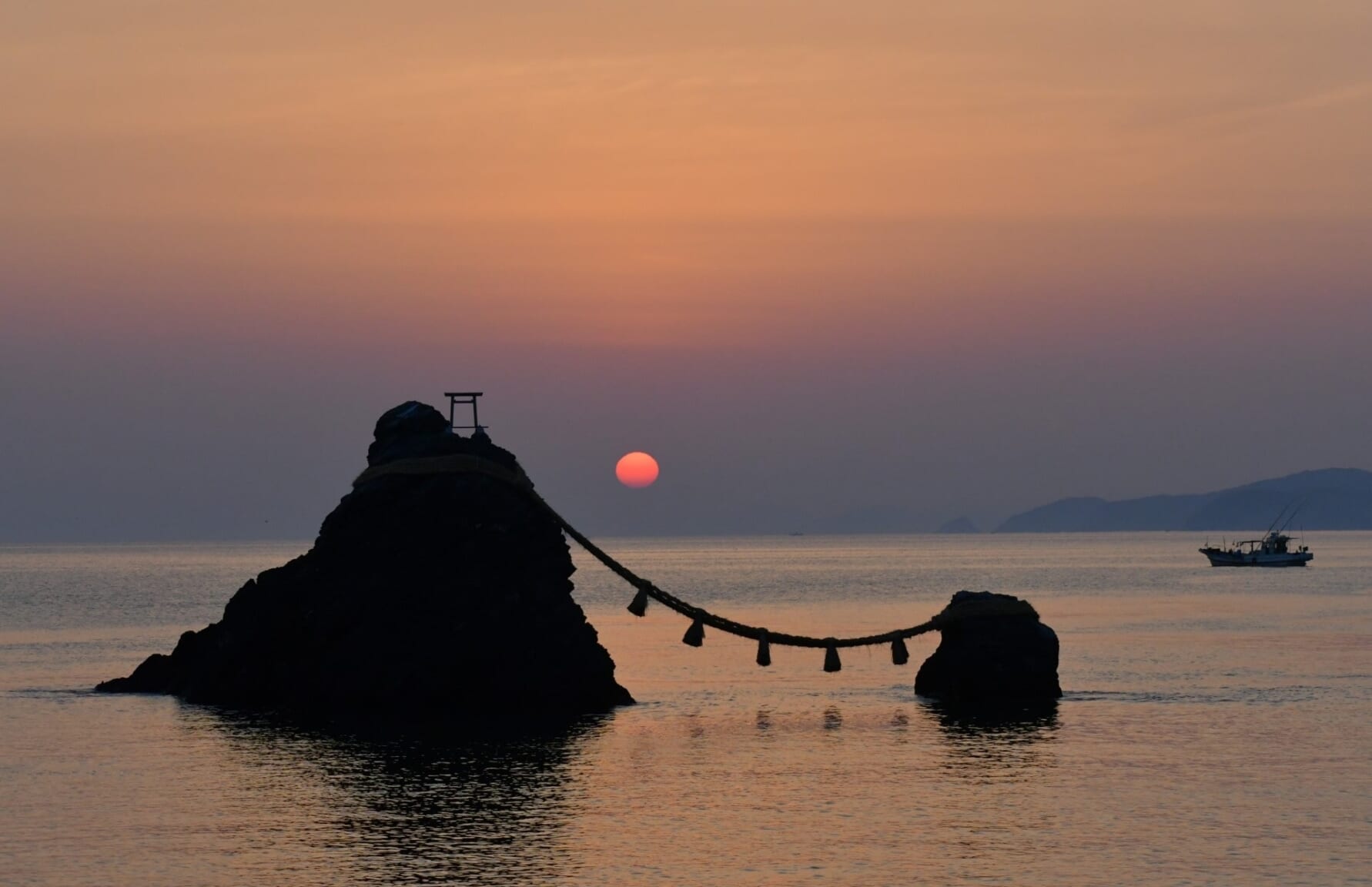
 Access Access |
15-min bus from Futamino-Ura Station |
|---|---|
 Official Website Official Website |
https://futamiokitamajinja.or.jp/ |
7. Uncover Marine Mysteries at Toba Aquarium
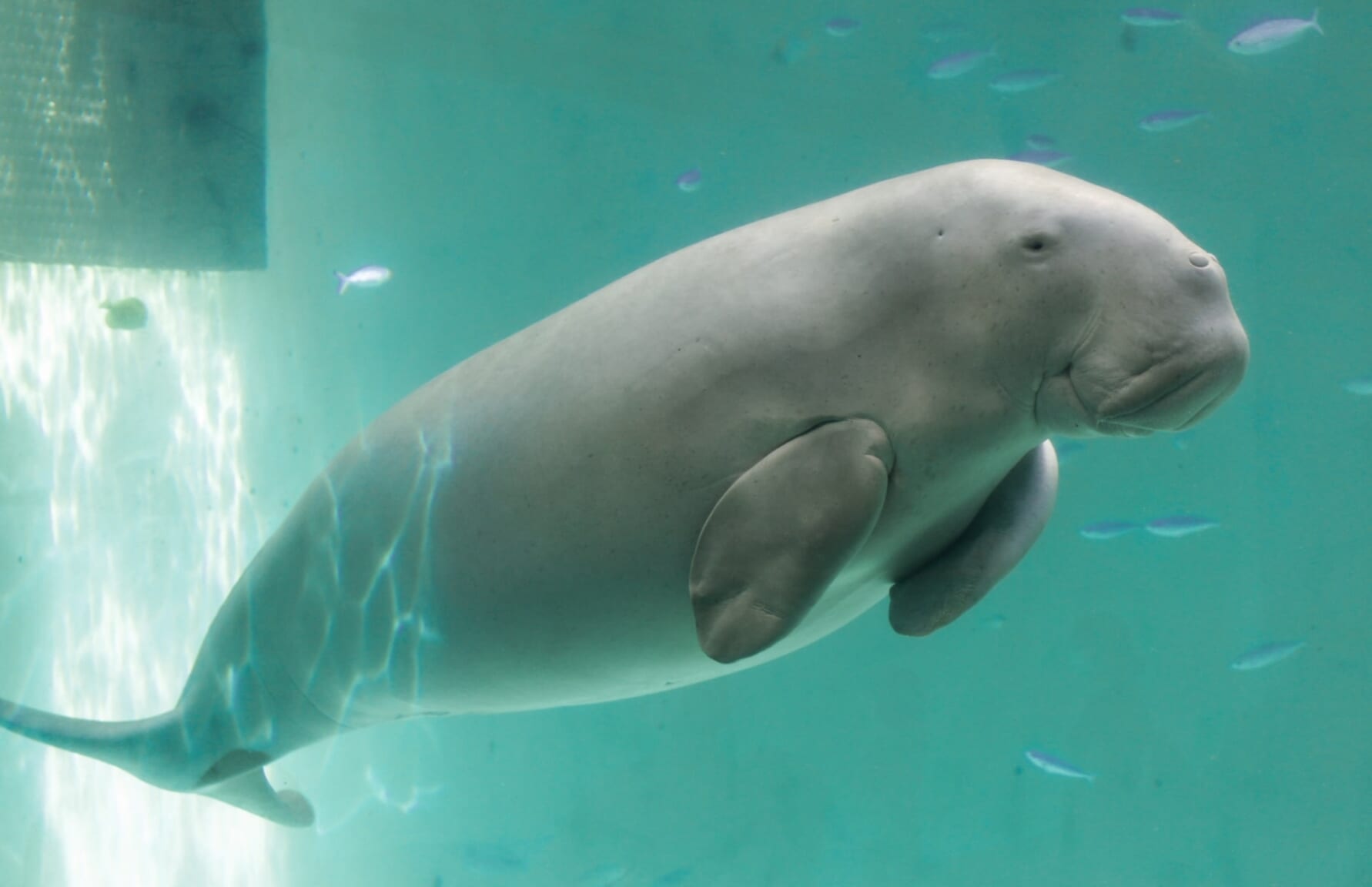
8. Have Fun at Japan’s Version of Spain at Shima Spain Village
Shima Spain Village (志摩スペイン村) in Shima City, brings the charm and ambiance of Spain to Japan. It’s a good blend of cultural immersion and amusement park fun, making it a great destination for both adults and children. The park is about a 2.5-hour drive from Nagoya City, making it an accessible day trip or weekend getaway destination.
The park is designed to replicate the Spanish colonial era, creating an atmosphere that feels like a little piece of Spain in Japan. This thematic consistency is evident in the architecture, attractions, and overall vibe of the park. Visitors can indulge in a range of rides and activities, suitable for all ages, from thrilling white-knuckle rides to more sedate experiences.
 Access Access |
15-min bus from Ugata Station |
|---|---|
 Official Website Official Website |
https://www.parque-net.com/index.html |
▶ Buy your Shima Spain Village tickets here!
9. Explore the Natural Splendor of Ise-Shima National Park
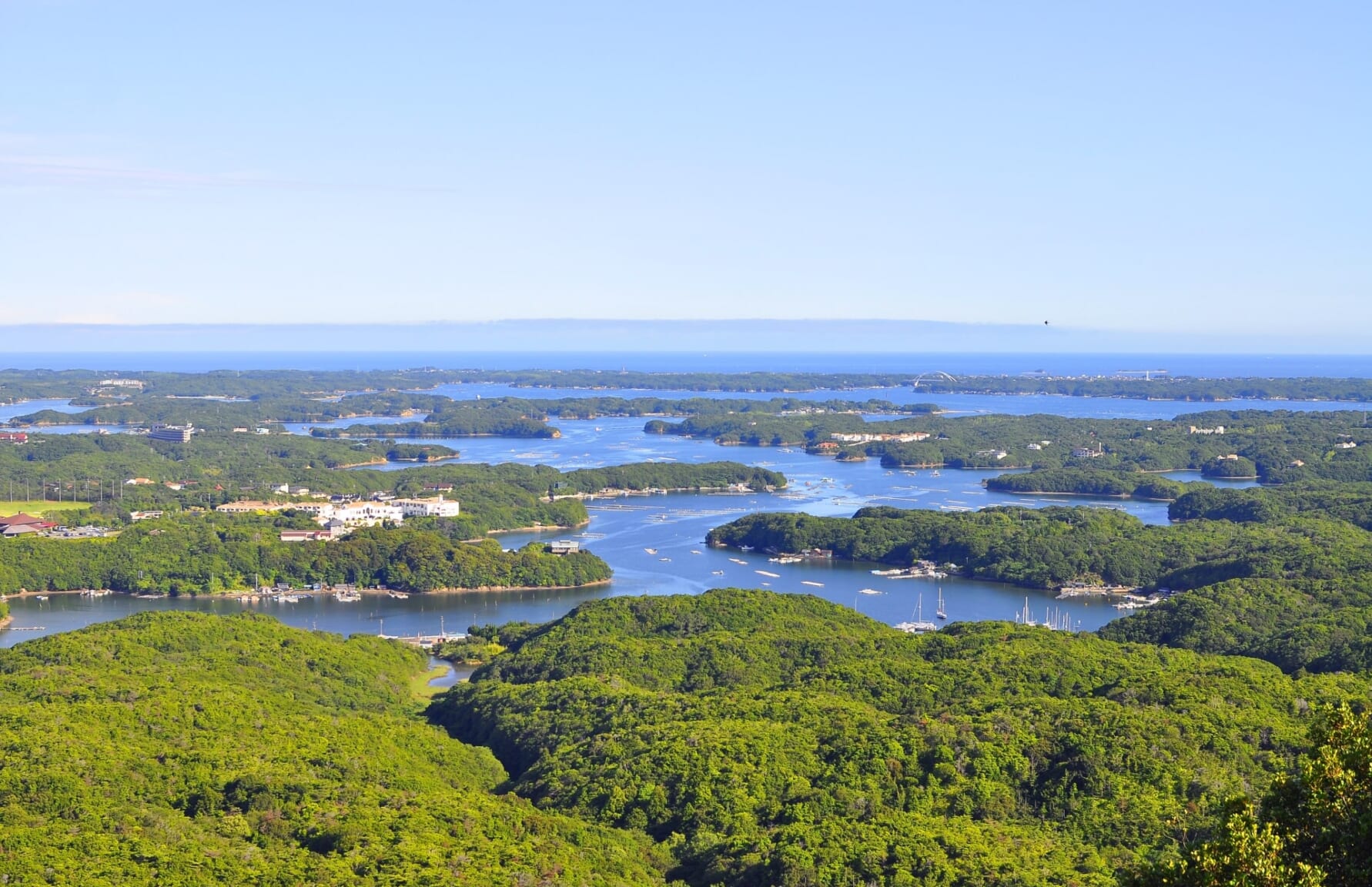
 Access Access |
Several access points between Toba Station and Kashikojima Station along the Kintetsu-Shima Line depending on the desired spot. |
|---|---|
 Official Website Official Website |
https://www.ise-shima.or.jp/ |
10. Watch out for Stealth and Shadows at the Ninja Museum of Igaryu
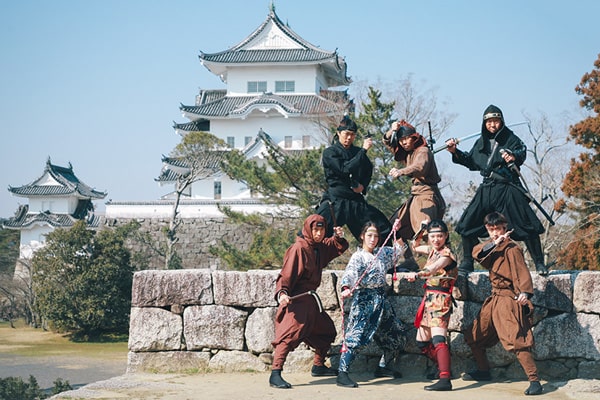
The Ninja Museum of Igaryu (伊賀流忍者博物館) is a must-visit for anyone intrigued by Japan’s legendary shadow warriors. Here, you can explore a traditional ninja house filled with secret passages and traps, witness thrilling ninja demonstrations, and even try your hand at throwing shuriken (ninja stars). The museum also displays an extensive collection of ninja tools and weapons, shedding light on the covert arts of espionage and sabotage practiced by these fascinating figures of Japan’s feudal past.
 Access Access |
10-min walk from Uenoshi Station |
|---|---|
 Official Website Official Website |
https://www.iganinja.jp/?page_id=837 |
11. Admire the Beauty of Cultivated Pearls at Mikimoto Pearl Island
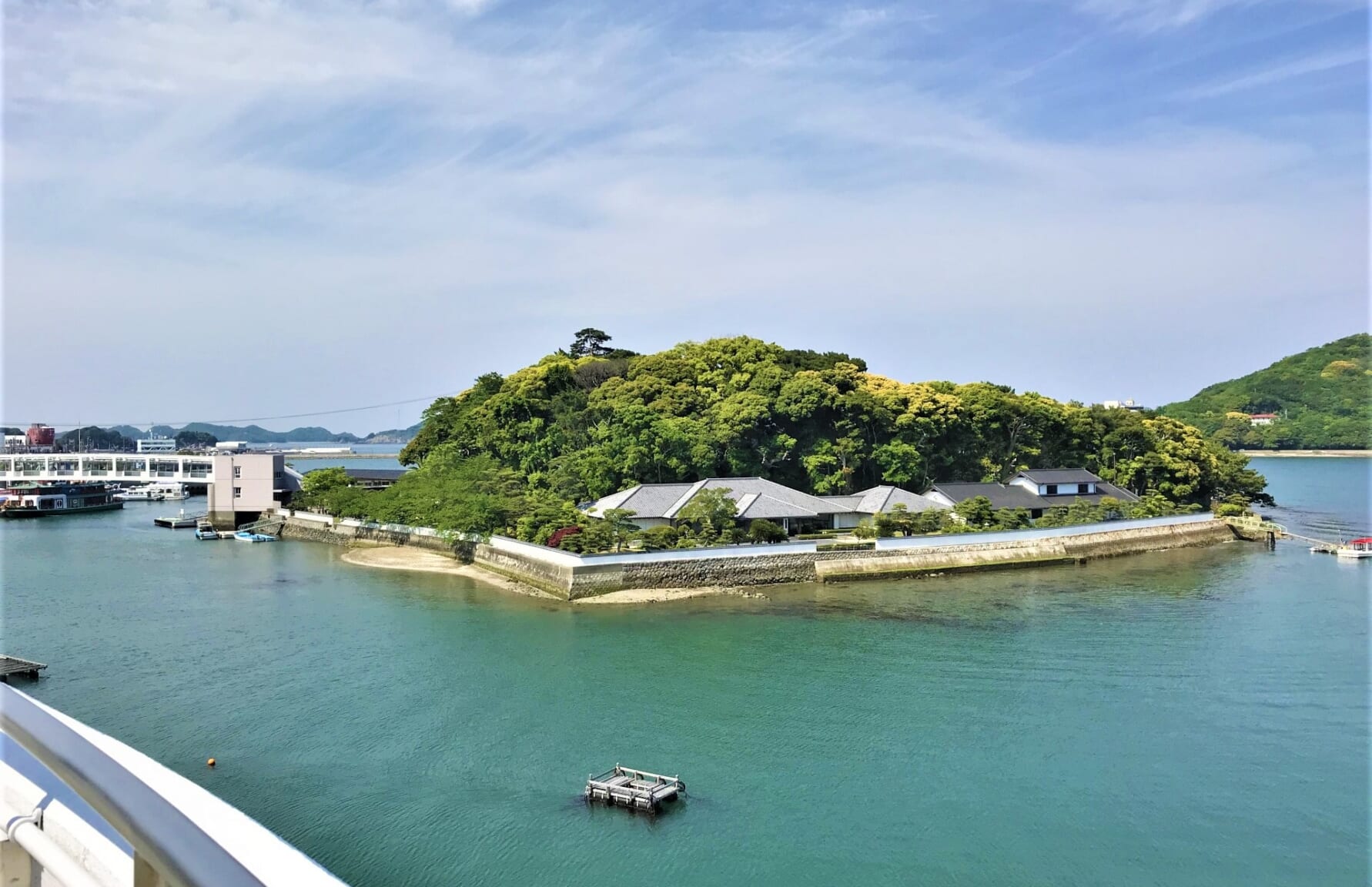
 Access Access |
11-min walk from Toba Station |
|---|---|
 Official Website Official Website |
https://www.mikimoto-pearl-island.jp/en |
12. Feast on Mie’s Regional food
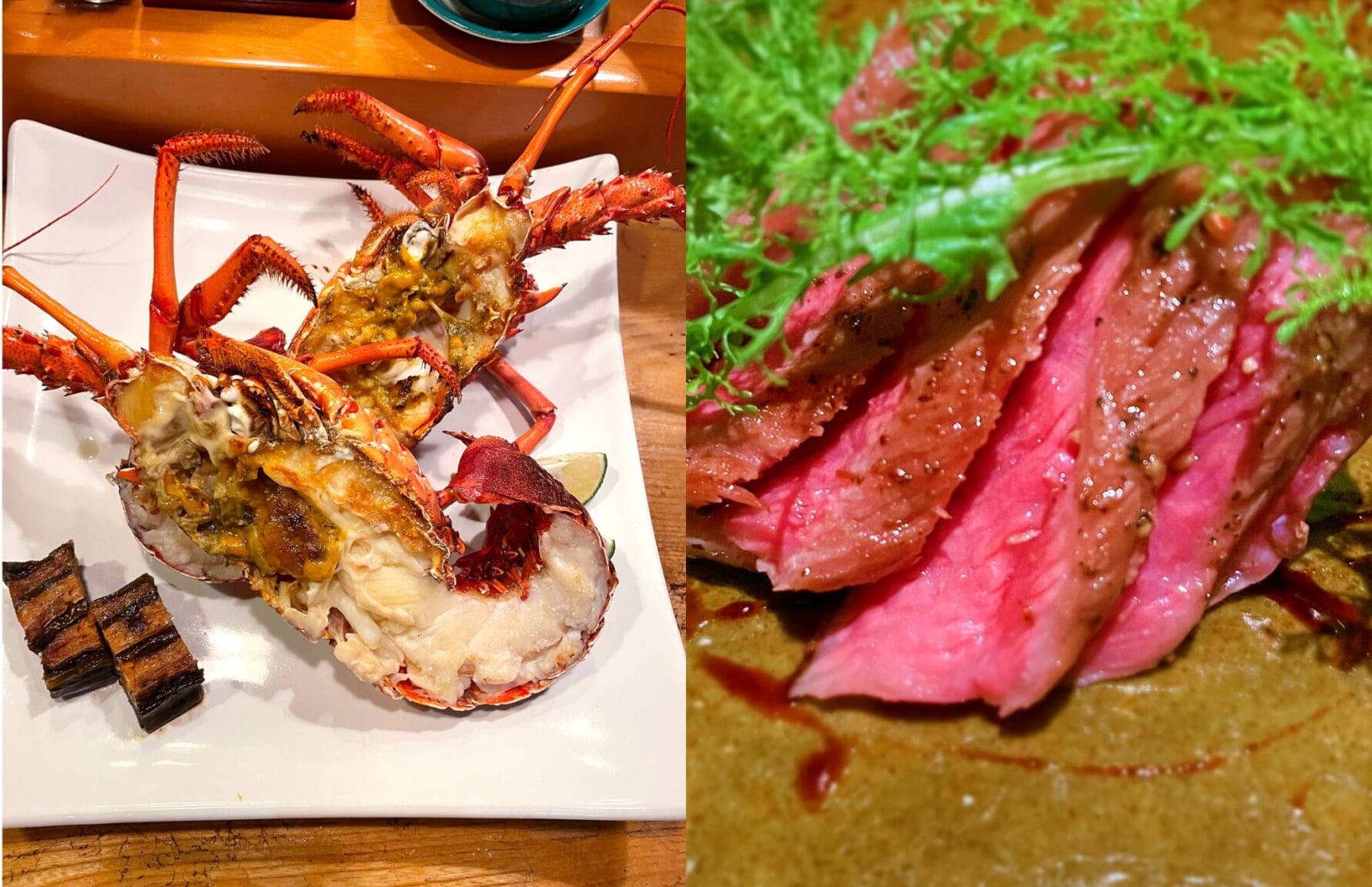
My Top Pick For First Time Visitors
If you are visiting Mie for the first time, you should seriously consider the Ise-Shima National Park. Well, this would actually cover another item itself as Meoto Iwa Stones are also within the confines of said park. The untouched beauty of nature is one of the greatest things to experience, and the beauty of Shima Peninsula truly has it all.
Runner up: Spain Village but just because I can’t help finding extremely amusing the notion of a country modeling an entire theme park based on my country!
▽Check out the attractions you should experience across Japan with this Japan Bucket List!▽
▽Check more things to do in Kansai Region!▽
▶︎30 Best Things to Do in Osaka
▶︎30 Best Things to Do in Kyoto
▶︎10 Best Things to Do in Shiga
▶︎10 Best Things to Do in Nara
▶︎10 Best Things to Do in Wakayama
▶︎10 Best Things to Do in Hyogo
With its spellbinding blend of natural beauty, historical treasures, and culinary delights, Mie Prefecture is a captivating journey into the heart of Japan. From the verdant landscapes of Ise-Shima National Park to the luminous pearls of Mikimoto Island and the gastronomic wonders of regional cuisine, Mie promises an unforgettable encounter with Japan’s diverse heritage.
▽Subscribe to our free news magazine!▽
For more information about traveling in Japan, check these articles below, too!
▽Related Articles▽
Written by
Photographer, journalist, and avid urban cyclist, making sense of Japan since 2017. I was born in Caracas and lived for 14 years in Barcelona before moving to Tokyo. Currently working towards my goal of visiting every prefecture in Japan, I hope to share with readers the everlasting joy of discovery and the neverending urge to keep exploring.





